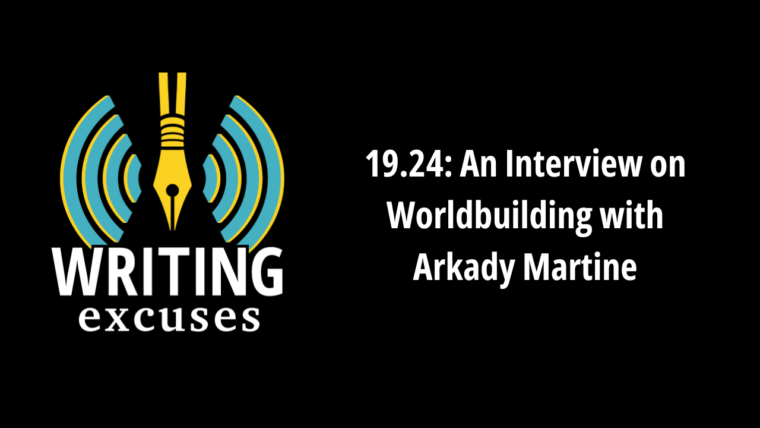We sat down with CL Clark to talk about character—specifically, how they build different POV characters in the compressed space of a short story. We dive into plot processing (a tool CL Clark has learned from Mary Robinette!), how to specify the stakes of your world, and how to build…
Fifteen minutes long, because you're in a hurry, and we're not that smart.



